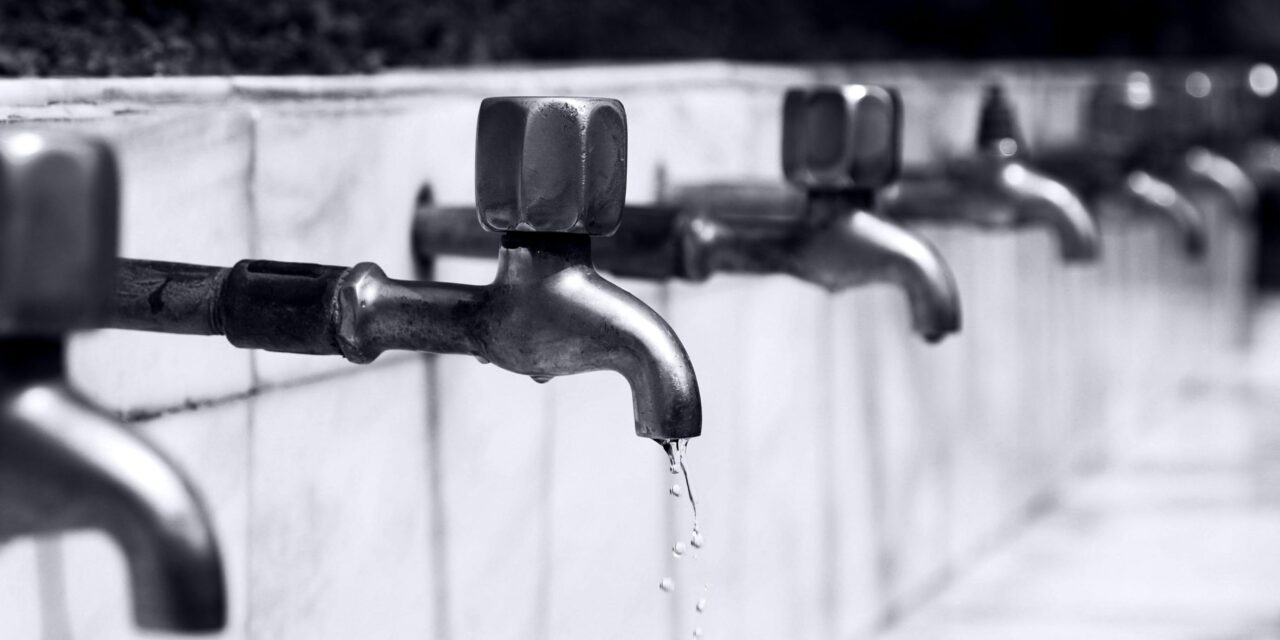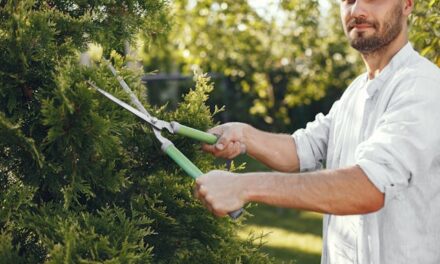Maintaining a well-functioning plumbing system is essential for the comfort and safety of any home or business. By taking proactive measures and being aware of the most common types of plumbing issues, property owners can prevent costly repairs and inconvenient disruptions. Here are some effective tips for preventing plumbing issues, understanding common problems, and knowing what to do if your plumbing system fails.
1. Regular Maintenance Checks
Regular maintenance is crucial for the longevity of your plumbing system. Schedule annual inspections with a qualified plumber to check for leaks, corrosion, and other potential problems. These professionals can spot issues that you might overlook, such as small leaks hidden behind walls or under floors, which can lead to significant water damage over time.
2. Be Mindful of What Goes Down Your Drains
One of the most common plumbing issues is clogs. To prevent them, be cautious about what you put down your drains. In the kitchen, avoid disposing of grease, coffee grounds, and food scraps in the sink. Instead, use a compost bin for organic waste and dispose of grease in the trash. In the bathroom, use drain covers to catch hair and soap scum, and avoid flushing anything other than toilet paper.
3. Know Your Pipes
Understanding the type of pipes in your plumbing system (e.g., copper, PVC, galvanized iron) can help you make informed decisions about care and maintenance. For instance, if you have older galvanized pipes, they may be prone to corrosion and clogging. In such cases, consider replacing them with more durable materials like PVC or copper.
4. Monitor Water Pressure
Too much water pressure can damage pipes, connections, and appliances. Invest in a water pressure gauge to monitor the pressure in your home. Ideally, water pressure should be between 40 and 60 pounds per square inch (psi). If you consistently see higher readings, a pressure regulator can mitigate the risk of damage.
5. Insulate Pipes
In colder climates, frozen pipes are a common issue and can burst, causing significant water damage. Prevent this by insulating all exposed pipes in areas like basements, attics, and garages. Additionally, during extreme cold, let faucets drip slightly to keep water moving and prevent freezing.
6. Immediately Address Leaks
Even minor leaks can lead to big problems if not addressed quickly. Regularly check under sinks, around toilets, and along baseboards for signs of moisture. If you find a leak, repair it promptly to prevent mold growth and structural damage.
7. Prepare for Emergencies
Every homeowner should know how to shut off the water main to their house. In case of a major leak or burst pipe, quickly turning off the water can minimize damage. Keep a set of basic plumbing tools at home, such as a plunger, pipe wrench, and a drain snake. These tools can help you manage minor issues while waiting for professional help.
What to Do if Your Plumbing System Fails
If despite all precautions, your plumbing system fails, it is important to act swiftly to minimize damage and restore functionality. Shut off the main water supply immediately to prevent further water damage. Contact a reliable plumber who offers emergency services. While waiting for professional help, remove any standing water and move valuables to a dry area to prevent water damage.





